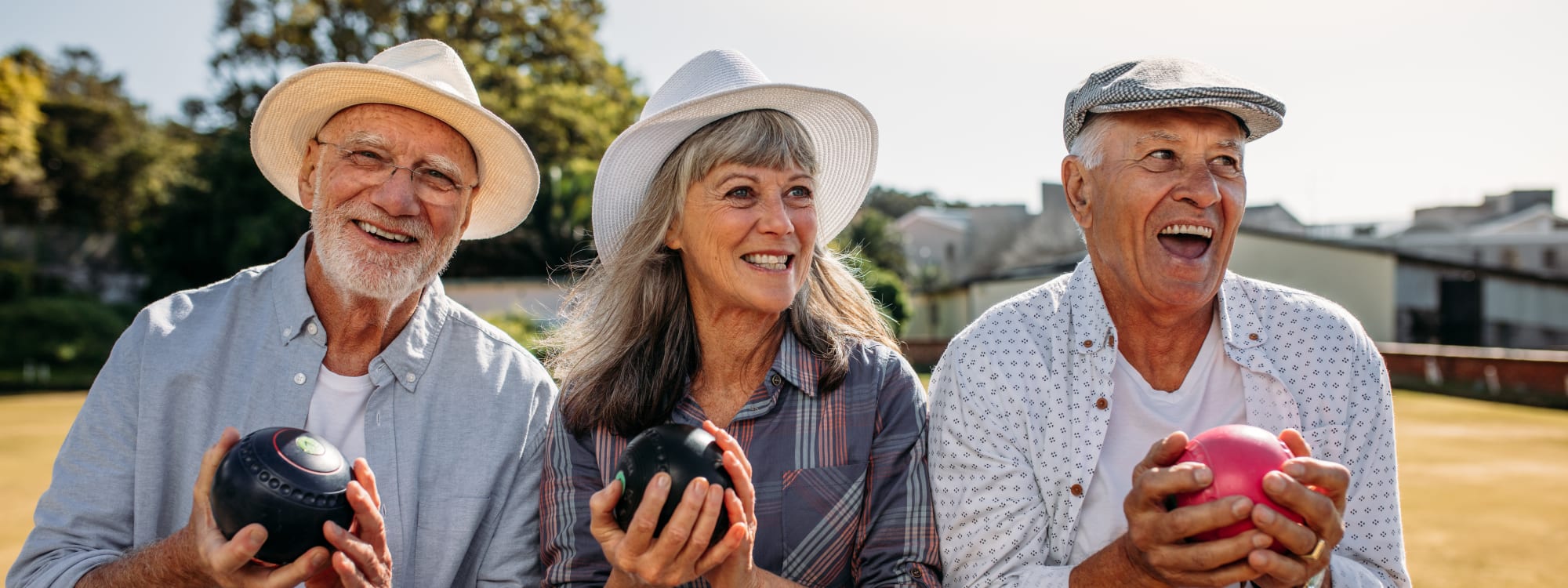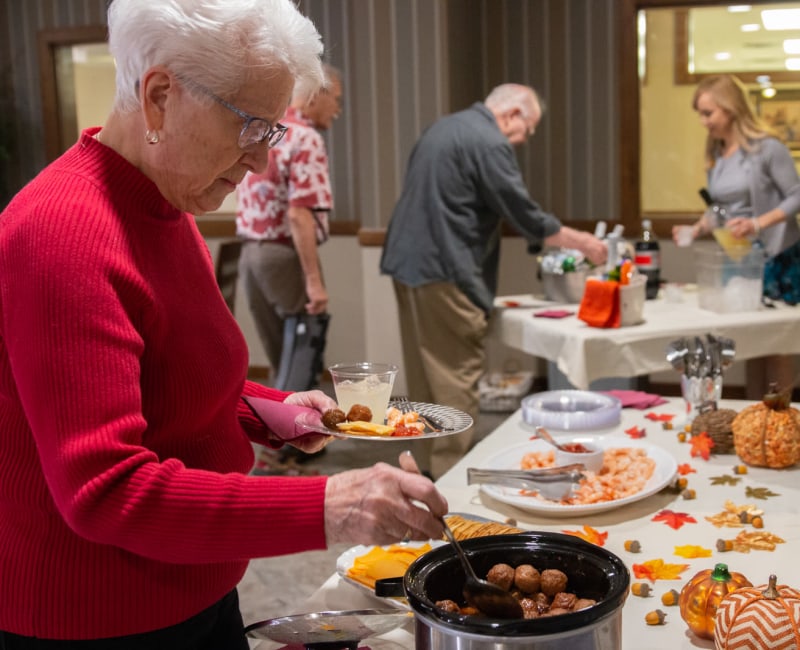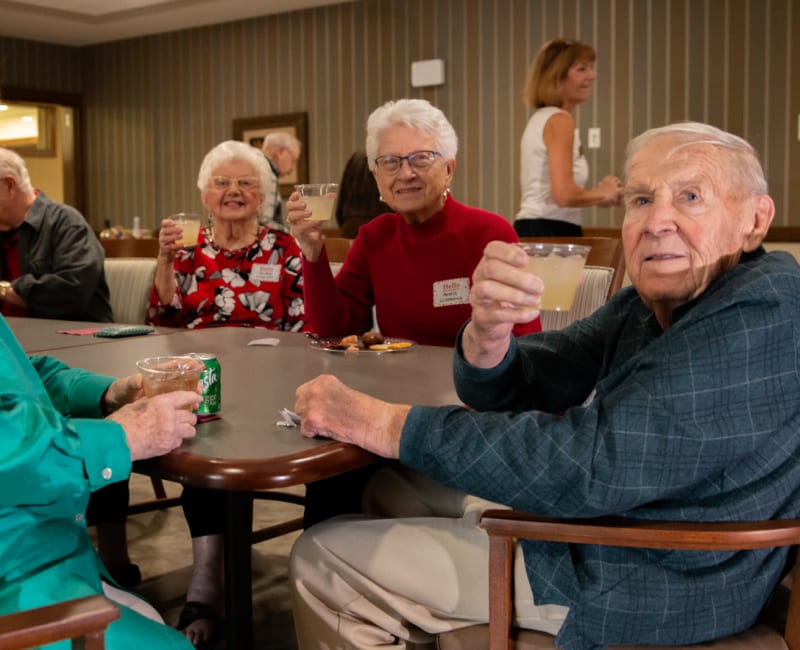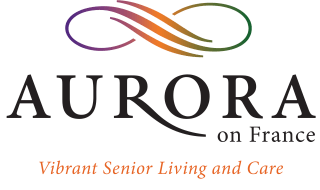
News & Community Events
News & Community Events
Incorporating the seven components of wellness (emotional, physical, intellectual, spiritual, social, environmental, and occupational) into our activities calendar, we aim to engage each and every resident by providing a wide variety of social events.


Regular Schedule of Activities Includes:
- Weekly Coffee & Visit
- Tuesday Night and Saturday Afternoon Movies
- Monthly Resident Council
- Weekly Shopping Outings
- Friday Happy Hour
- Group Exercises
- Bridge and Other Games
- Craft and Art Projects
- Spiritual/Religious Programming
Upcoming Events
Stay Informed
Aurora on France Blog
Continue to Thrive at Aurora on France
